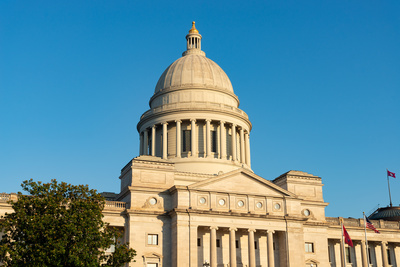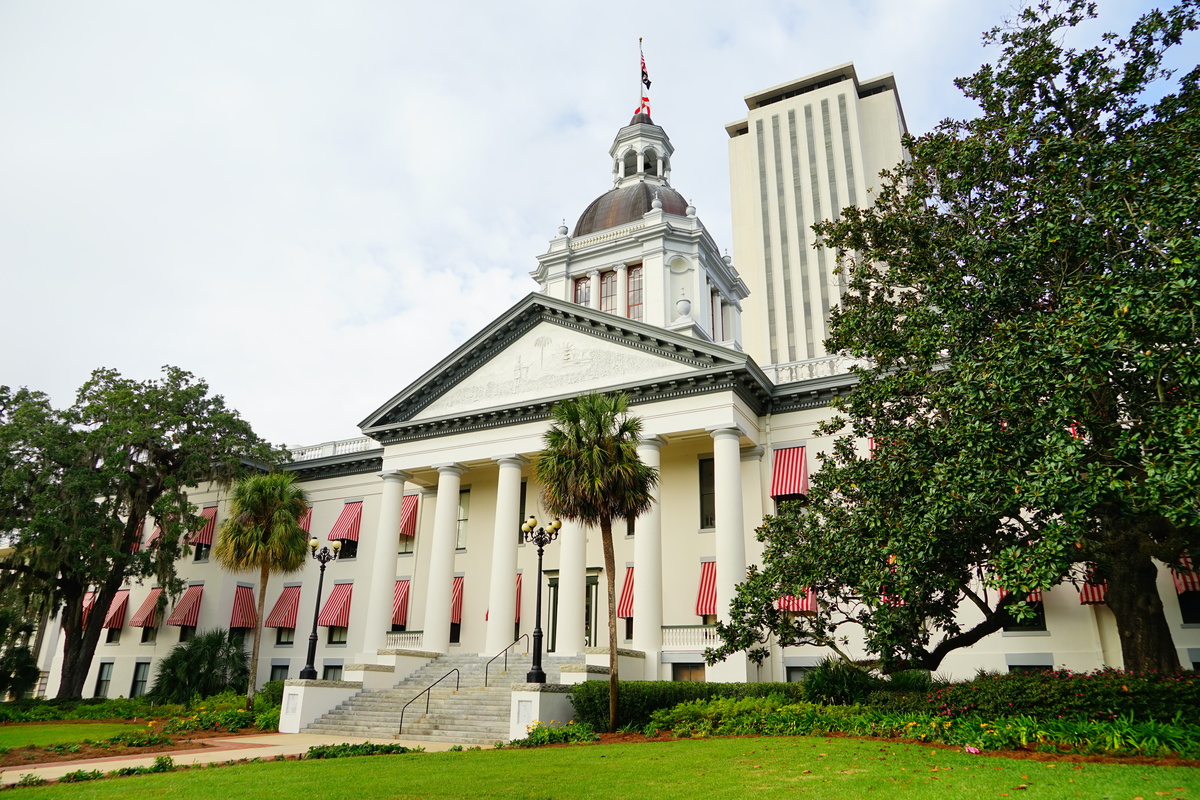
Health Care & Wellness
Pharmacy Benefit Manager (PBM) Legislation Tackled Ownership Restrictions, Transparency, and More in 2025
January 27, 2026 | Lisa Kimbrough
September 11, 2025 | Amber Thyson

Key Takeaways:
Vaccine policy in the U.S. is undergoing major changes, and the result is a patchwork system where access and requirements vary dramatically depending on where you live. Here’s a breakdown of the most recent developments at the federal and state levels.
The Food and Drug Administration (FDA) recently updated its guidance, authorizing COVID-19 vaccines only for adults aged 65+ and for younger adults and children with certain qualifying health conditions. This marks a shift away from the previous universal eligibility for all adults. At the same time, the CDC’s Advisory Committee on Immunization Practices (ACIP)—which normally helps guide national vaccine recommendations — has been disbanded, leaving a gap in federal leadership.
Pharmacies are finding themselves constrained by state laws. For example, in Massachusetts, Nevada, and New Mexico, pharmacies cannot vaccinate anyone outside of FDA-defined eligibility—even with a doctor’s prescription. In about 16 other states, vaccination depends on both age and whether a patient has a prescription.
Some states are pushing back. For example, the Pennsylvania State Board of Pharmacy voted to accept guidance from trusted medical groups, which allows pharmacies to vaccinate more people than federal rules alone permit. New York Governor Kathy Hochul (D) has also issued an executive order that will allow pharmacists to administer COVID vaccines, providing access for all residents who wish to be vaccinated.
Meanwhile, California, Oregon, Washington, and now Hawaii have launched the West Coast Health Alliance. The coalition is writing its own science-based immunization guidance, independent of the federal government, to ensure access and maintain public trust.
In stark contrast, Florida is moving to end all vaccine mandates, including those required for children attending school. Surgeon General Dr. Joseph Ladapo compared mandates to “slavery” and said the decision should rest between patients and their physicians. Governor Ron DeSantis and Republican lawmakers plan legislation to remove statutory mandates. Critics warn that rolling back requirements for diseases like chickenpox and hepatitis B could spark new outbreaks of preventable illnesses.
As federal guidance narrows, states are splitting in different directions: some tightening access, others building independent frameworks, and some dismantling mandates altogether. The result is a confusing, uneven landscape that leaves patients, providers, and families struggling to navigate vaccine access at a critical moment for public health.
MultiState’s team is actively identifying and tracking health care issues so that businesses and organizations have the information they need to navigate and effectively engage. If your organization would like to further track health care or other related issues, please contact us.

January 27, 2026 | Lisa Kimbrough

January 27, 2026 | Amber Thyson

January 23, 2026 | Mary Kate Barnauskas